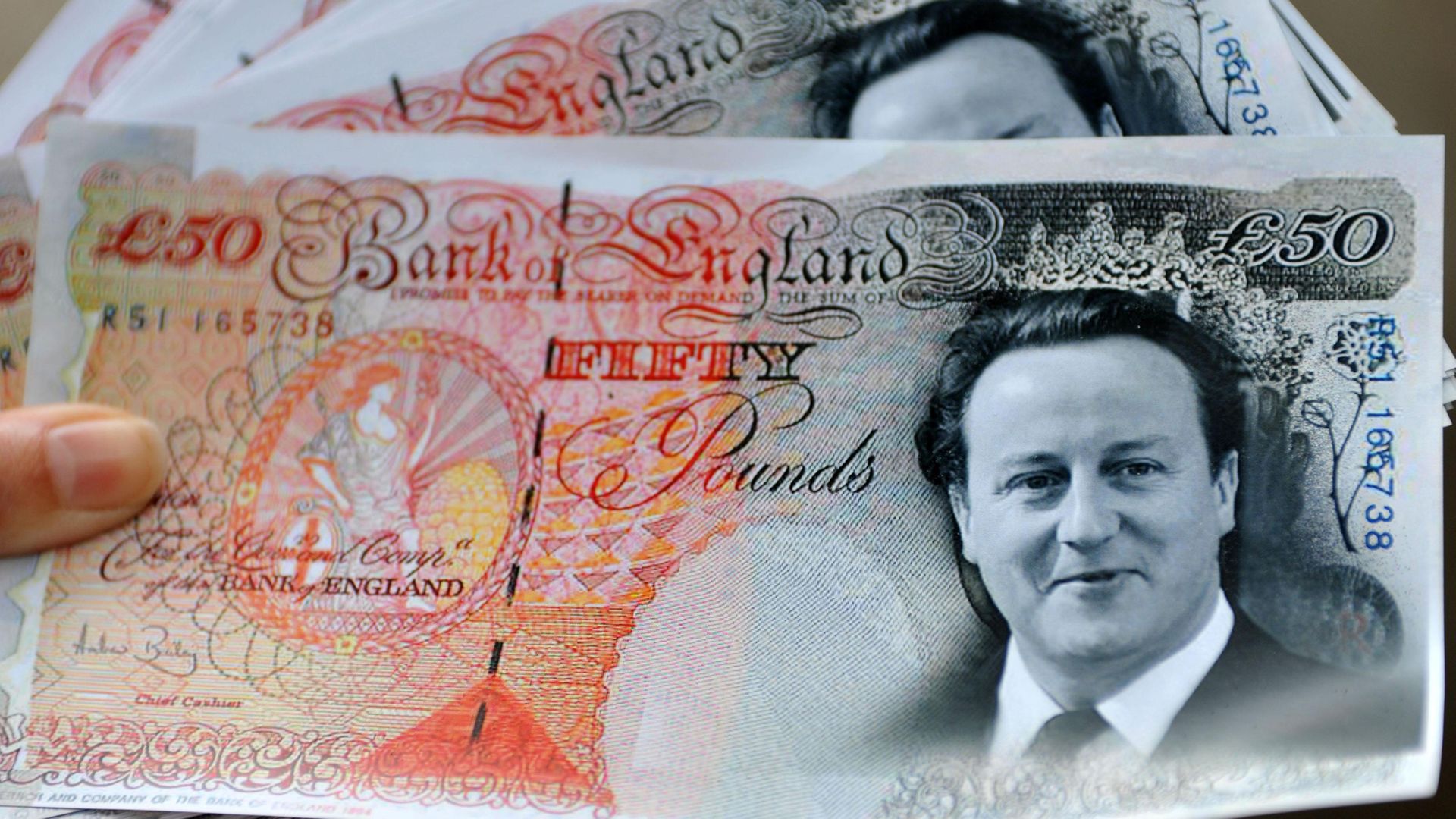
The scandal surrounding David Cameron’s lobbying lays bare exactly what is meant by ‘selling off the NHS’
Seen from afar, the running saga of David Cameron’s efforts to meet with every minister in the UK (and beyond) on behalf of his clients can be a strange one.
To even a casual observer, it seems like the former prime minister was taking meetings, arranging meetings, texting ministers and in every way greasing the wheels between business and government as he’d so fervently decried in opposition a decade before.
But what he was actually trying to do in those meetings is often much less clear – and in some cases, the more you hear about the proposals, the more baffling.
Perhaps the strangest of all of them was on behalf of a scheme called Earnd, a start-up bought by Greensill in March of last year – a move which was quickly followed by an apparently selfless desire to help the NHS and its staff.
Cameron helped Greensill approach the NHS (and individual Trusts) with a proposal to introduce its product for free to their workers. The product in question was in essence a form of interest-free payday loan for NHS staff, for which it wouldn’t require any payment from the Trust either. It would be free to the employer and employee alike.
It’s worth pausing for a moment to consider just how strange this offer is: letting someone access their salary daily is equivalent to borrowing from next month’s pay packet to help this month. Even without the astronomical interest payments of classic payday loans it is simply saving up trouble: it buys a little time as a one-off, at best.
The idea that daily payments could be a relief or a help to all but the most niche of cases shows how out-of-touch Cameron and Greensill really were: families who find themselves out of money at the end of the month aren’t out of pocket because of how frequently they’re paid. They’re out of pocket because they’re not paid enough.
Changing to weekly or daily payments would for many be actively unhelpful – many of us who live paycheque to paycheque deliberately time important monthly payments (like rent) to come a day or two after we’re paid. That way, whatever else might happen, the important stuff has been covered.
To NHS staff struggling with either desultory pay rises or none at all, an offer to instead let you borrow your salary a little ahead of time for free was hardly going to lead to cheering in the streets.
The fact the product on offer is crap, though, is largely an aside – the other interesting aspect of the scheme to think about is what it would need to work: access to NHS payroll data. The company managed to secure this for tens of thousands of workers, largely by offering the relevant bodies money for it.
This opens up a world of possibilities: accessing payroll data to private companies so that they can offer financial services is now on the cards. That doesn’t always have to be these strange payday loans. It doesn’t always have to be a free product. And it doesn’t always have to be restricted to the NHS.
This type of scheme serves as a foothold – it shows people what’s possible, and also serves as an endorsement to other future customers. But it also shows public and quasi-public bodies with databases that they could have a new revenue stream selling that off – if it’s ethical for the NHS to do it this time, after all, why not again?
The lens of this one scheme alone makes several things clear. Firstly, the PPE procurement scandals of the last year – and the relentless accusations of cronyism and jobs for the boys that go with them – are not a distinct story from Cameron, Greensill and lobbying.
The procurement scandals and Cameron’s lobbying stem from the same causes: a breakdown of the procedures and safeguards intended to keep the public and private sectors at least somewhat apart.
Through initially good (to those who had them) intentions to modernise public services, officials and ministers acted with breathtaking naivety as to conflicts of interest, never stopping to wonder why the rules they swept away existed in the first place. In its wake came cronyism.
The Earnd deal – which was actually introduced and implemented in many NHS Trusts, albeit with low take-up, until the company collapsed, as Greensill did – also shows what it really means when people talk about “the NHS for sale”.
It’s not about your local hospital being bought up by a megacorp, or the NHS changing its logo in a sponsorship with McDonald’s. It’s about opening up NHS resources – especially its astonishingly valuable data – to be exploited for private profit.
A data sell-off might be quieter and less dramatic than finding a credit card machine hooked up to the ventilator next to your ICU bed – but unlike the latter, it’s what’s actually happening right now. The question is whether enough people will work out – and care about – what’s actually going on, and whether there’s enough time left to stop it.
What do you think? Have your say on this and more by emailing letters@theneweuropean.co.uk










